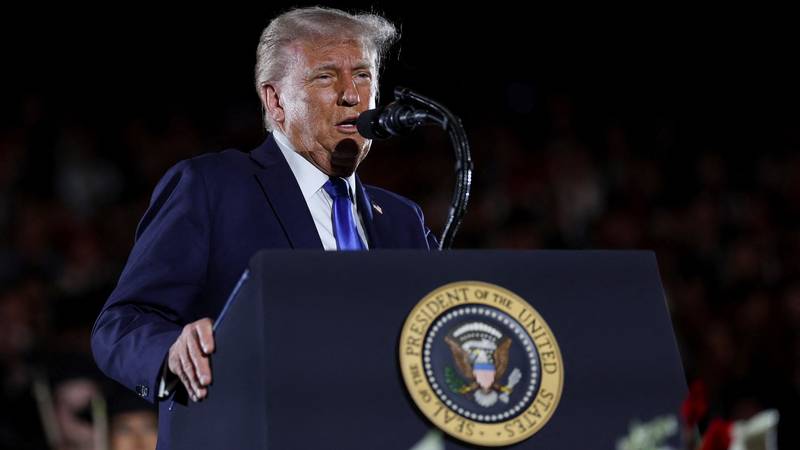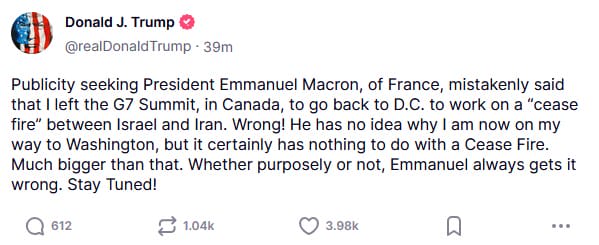Trump addresses the Supreme Court to abolish protection for Migrants from Venezuela

On Thursday, the Administration of the United States of the United States asked the United States Supreme Court to intervene in the matter of his efforts to abolish the temporary protected status of more than 300,000 Venezuelan migrants, which would open the way to their deportation. The Ministry of Justice asked the judges to freeze the decision of the federal judge, which blocked the decision of the Homeland Security Minister Christ Noem on the abolition of a temporary legal status, which was previously assigned to some Venezuelands.
« As long as the command is in force, (Noem) must allow hundreds of thousands of Venezuelan nationals to remain in the country, despite its explained decision that it is ‘contrary to national interest,' » the lawyers of the Ministry of Justice wrote in court documents.
A temporary protected status program, or TPS, is available to people who cannot safely return to their homeland for a natural disaster, armed conflict or other extraordinary event.
The administration request came in the process of launched by a group of Group, which includes several Venezuelanians living in the United States and the National Association for Temporary Protection (TPS), which is committed to immigrants assigned to temporary protected status.
The Supreme Court ordered the prosecutors to respond to the request of Trump’s administration by May 8th.
The lawsuit challenges Noema’s Decision from February on the abolition of part of TPS status for Venezuela, announcing the decision of the administration of Trump’s predecessor, the Democratic President Joe Biden, on the extension of temporary protection for the nationals of that country, which was in force of 2021.
The lawyers of the Ministry of Justice in their submission to the Supreme Court said that the court had « abducted the executive government control over the national immigration policy. »
« The court order violates the fundamental powers of the executive power and is indefinitely delaying sensitive political decisions in the field of immigration policy, which Congress recognized that they must be flexible, fast and discretioned, » they wrote.
On April 18, the Federal Appeals Court rejected an administration request for temporarily stopping the judge’s command.








